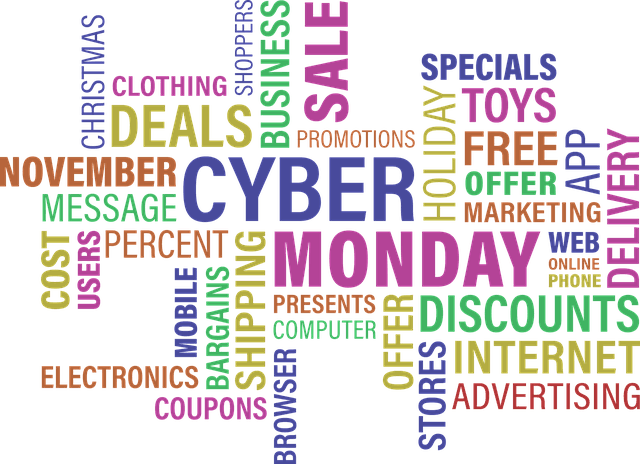
Adobe Analytics, the research arm of giant software maker Adobe, reported that as of 4:30 p.m. on Cyber Monday, some $3.4 billion in sales had been recorded, a 17 percent increase over the 2016 Cyber Monday. Web traffic from mobile devices also took an uptick, surpassing desktop computers for the first time. Even a seasoned expert such as Frank Yanover, retired Amazon exec, found he could be persuaded by what they found online. He bought a Vitamix blender for $300, a $200 discount. He also succumbed to a deal from Best Buy for an iPad, ordering by phone and then picking it up from a nearby store. He finished up his unscheduled online spree with his voice-activated Echo by purchasing Amazon’s Echo Dot for $30 — a $20 reduction.
Echo Dot was, in fact, Amazon’s top-selling electronic item for Cyber Monday, followed by Fire TV board games, Fingerlings and Legos over in the kid’s section.
At eBay, they were selling a $745 Apple MacBook Air every five seconds. J.C. Penney reported its top-selling Website item were towels, $25 diamond stud earrings and Liz Claiborne handbags (which, incidentally, features a built-in phone charger. What’ll they think of next?)
Walmart, which has been trying to play catch-up with Amazon, offered three times the number of items online that it did last year, but Amazon appeared likely to retain the record, with 50 percent of all online sales growth this year.
Overall the most popular items sold online during Cyber Monday were computers and small electronics, followed by clothing, according to America’s Research
Group. Ease of shipping is a factor.
People who actually showed up in a store were almost the exception. Parking areas in some of the most popular stores were only half full as shoppers stayed away in droves to do their shopping in the convenience of their homes or offices. Of course, for those who still want the store experience, that means fewer shoppers to compete with.